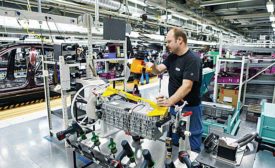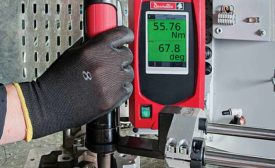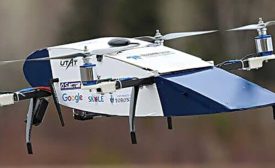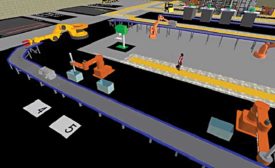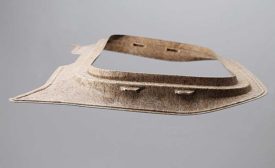Industries
ASSEMBLY Capital Spending Report 2017: Capital Spending Continues to Increase
With the economy firing on all cylinders, our annual Capital Equipment Spending Survey predicts continued growth in investment.
December 1, 2017
Assembly With Pressure-Sensitive Adhesives
The key to success with pressure-sensitive adhesives is to match the chemistry with the application.
November 20, 2017
How to Determine a Torque Specification
The best fastening technology is only as good as the specifications they’re designed to maintain.
November 14, 2017
3D Sensors and Mixed-Model Assembly
Robots and 3D smart sensors are enabling automated mixed-model assembly across a wide range of industries.
November 13, 2017
Manufacturing Execution Systems Meet the Cloud
MES are essential to digital production initiatives.
November 9, 2017
Never miss the latest news and trends driving the manufacturing industry
Stay in the know on the latest assembly trends.
JOIN TODAY!Copyright ©2024. All Rights Reserved BNP Media.
Design, CMS, Hosting & Web Development :: ePublishing



